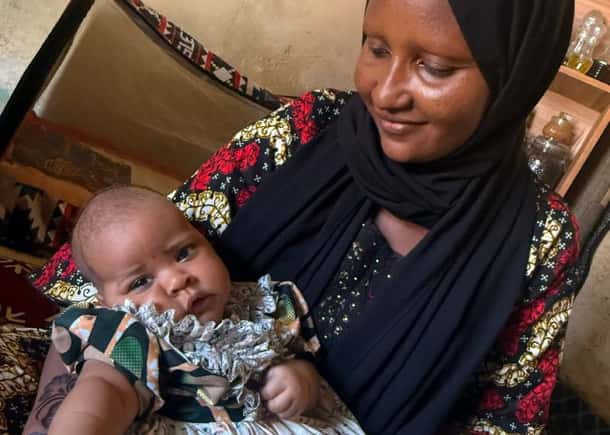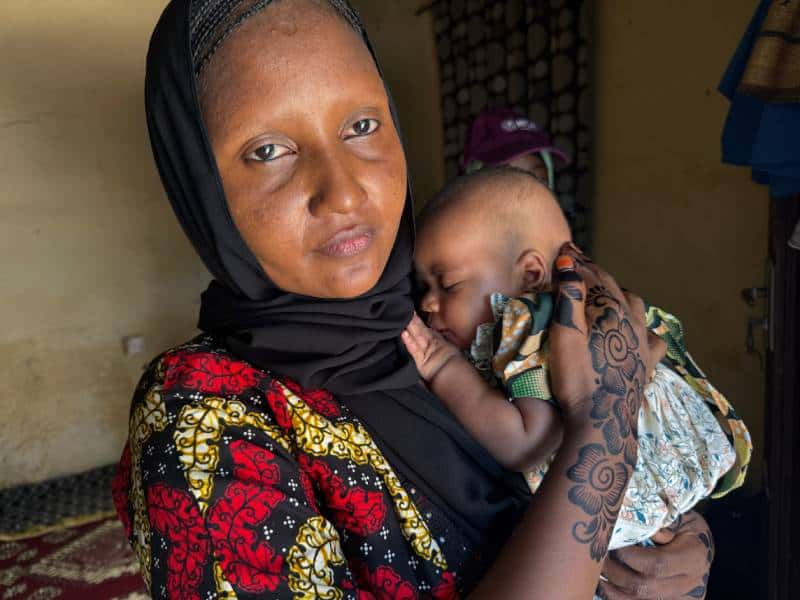Baby Rahama Survived


In Maiduguri, Northeastern Nigeria, 25-year-old Hadizah Abdulrahman - an internally displaced mother originally from Bama in Borno State - held her newborn daughter, Rahama. The mother’s eyes brimmed with relief and joy. Just hours earlier, she feared history would repeat itself.
Hadizah had lost her first baby at home after a long and difficult labour. This time, she delivered at the Yerwa Primary Health Centre. But when baby Rahama was born, she was weak and unresponsive.
“I thought I had lost another child,” Hadizah explained. “But thankfully this time was different.”
The difference was Aisha: a Community Health Extension Worker trained through the Safer Births Bundle of Care program.
“Hadizah arrived at the health centre in labour,” Aisha recalled. “The delivery went well, but the baby wasn’t breathing. The mother kept asking if her baby was alive. I told her to stay calm and that we would do everything we could.”
Aisha and her team acted fast.
“We used the Upright bag and mask, then the Penguin to suction in the newborn’s nose and mouth and returned to resuscitation with the bag and mask, monitoring the heart rate. We had to persevere. Then, suddenly, we heard it: the cry we had all been waiting for.”
The labour ward erupted in joy.
Baby Rahama survived.
Thanks to the Safer Births Bundle of Care program, health workers like Aisha are equipped to respond swiftly and effectively to the most common causes of maternal and neonatal mortality. For Hadizah and Rahama, that training made all the difference. It turned a life-threatening moment into one of hope and second chances.

Credit: With thanks to Norwegian Church Aid, the Safer Births Bundle of Care implementing partner in Borno State.